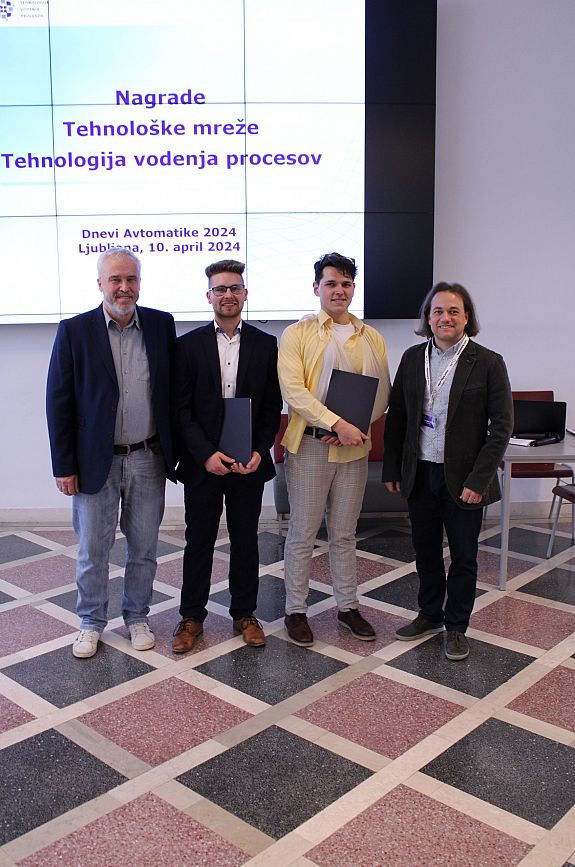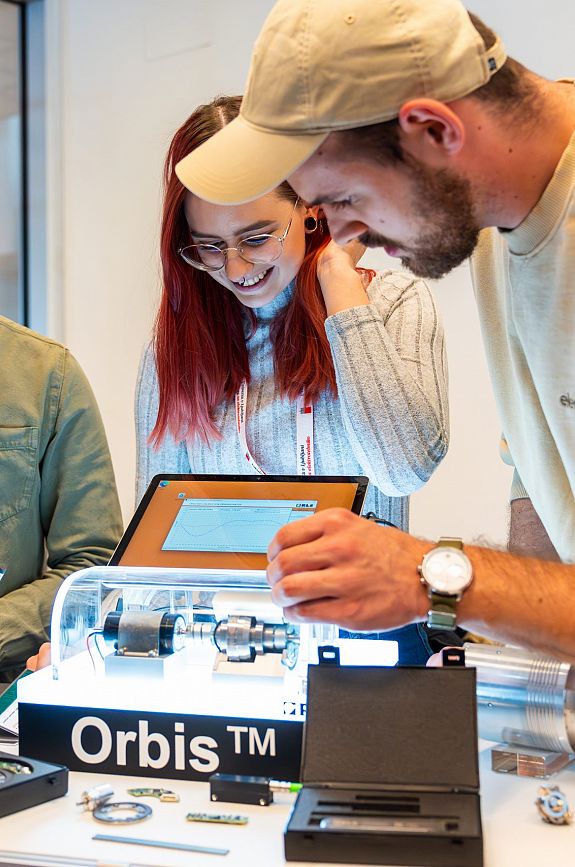[IKTinfo] ICT spending to grow by 5.1%, with only a decline in the devices segment
Date of publication: 3.1.2023Analyst firm Gartner estimates that ICT spending in 2022 was 0.8% higher than in 2021, at €4.39 trillion, and forecasts a 5.1% increase to €4.43 trillion in 2023. Demand for ICT equipment, solutions and services will remain relatively high thanks to the need for businesses to strengthen digital initiatives in response to economic uncertainties. As Gartner explains, CEOs and CFOs will look to new investments in business initiatives rather than cutting budgets. On the other hand, inflation has led to a decline in consumer spending power globally, which has played a good part in Gartner's estimate that total spending on new computing devices will decline by 8.4 per cent in 2022 and forecast that it will decline by 0.6 per cent in 2023. In 2022, the largest increases are in the data centre systems (€209 billion, up 10.4 percent) and software (€790 billion, up 8 percent) segments, while investments in software (€679 billion, up 11.3 percent) and IT services (€1.35 trillion, up 7.9 percent) are expected to increase even more in 2023.
The C19 pandemic and the measures taken to contain it, and now the war in Ukraine, are also having a major impact on the ICT sector, as confirmed by research and analysis in almost all segments of the industry. A particular feature of ICT is that it allows us to predict, monitor, study and control changes not only in our own industry but in all others, which has been a valuable help to all of us over the last two years. In fact, ICT helps companies and institutions in all industries to organise their work, adapt their operations, discover new opportunities, process data and obtain estimates and forecast future trends.
Last but not least, ICT enables schools and universities to implement hybrid versions of teaching and to digitise learning processes in a meaningful way.
This is why we have decided to publish regular summaries of information, assessments, analyses and studies by research and analyst companies that can help everyone to better monitor, learn about and understand changes and trends and to adapt more successfully to the new ICT era.
Prepared by the Chair of Information and Communication Technologies in collaboration with Esad Jakupović




